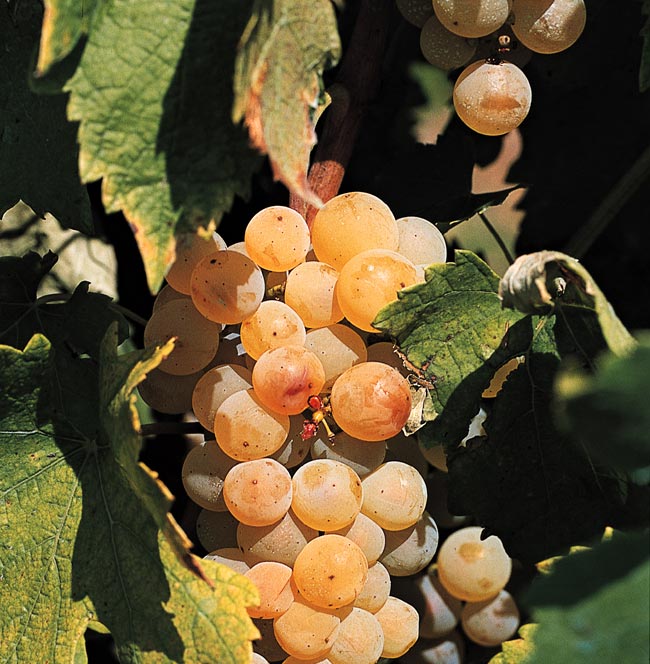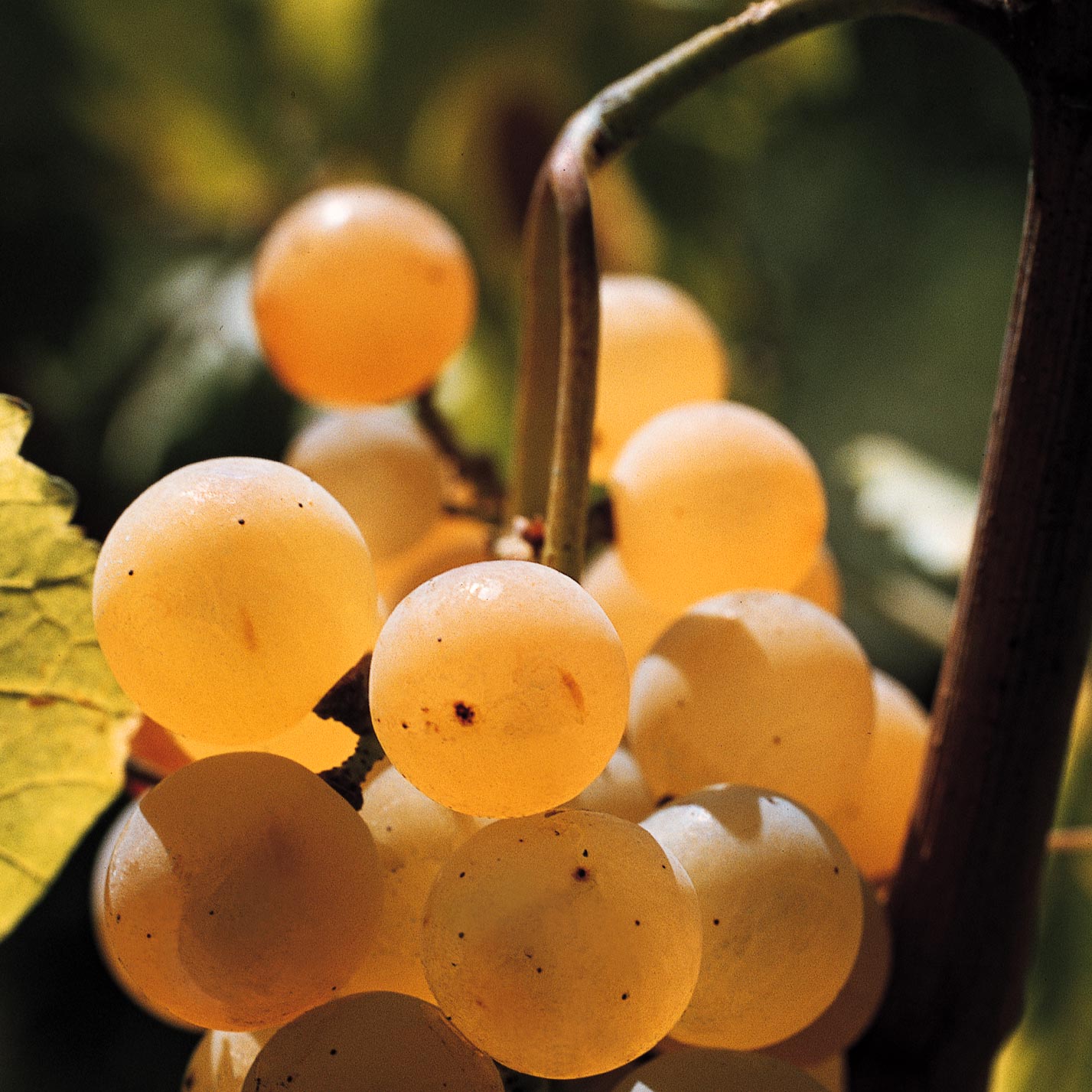Your basket is empty
Already have an account? Log in to check out faster.
Already have an account? Log in to check out faster.
THE WINERY
Nestled amidst the enchanting embrace of the hilly Rosazzo subzone of Friuli Colli Orientali lies the illustrious Ronco delle Betulle winery. The term ronco, attached to many wineries across Friuli, references the historic terraced hillside vineyards of the region, while betulle translates to “birches.” Here, the art of winemaking is an ode to nature's grand symphony, a melodic union of soil, microclimate, and the impassioned souls who tend to the vines. Originally founded in 1967 by Giovanbattista Adami, today the winery is led by the visionary Ivana Adami and her son, Simone Sechi. The estate’s 12 hectares are farmed certified organic, with a focus on native grape varieties, including Friulano, Ribolla Gialla, Refosco and the hyperlocal rarity Pignolo.
Ivana emphasizes the preservation of the authentic character of fine wines and the avoidance of artificial manipulation. Betulle’s approach to cultivation thus follows an artisanal method that eschews synthetic chemicals, herbicides, and chemical fertilizers. The team places great emphasis on the vitality of their soils, employing sustainable agricultural practices such as organic fertilization and the careful use of biodynamic preparations. They refrain from artificial irrigation and mechanical harvesting, choosing instead to hand-harvest the grapes when they have reached optimal ripeness.
While the winery was originally established in the 20th century, the history of Ronco delle Betulle is intertwined with the Abbey of Rosazzo, founded between 1068 and 1077. It was here that the vines first flourished, and the winemaking tradition of the land took root. The Abbey played a vital role in the cultural, social, and economic development of the region and became a hub for wine production. Today, Ronco delle Betulle cherishes the wine-making traditions, secrets, and passion passed down through the generations from the Abbey's influence.
FRIULI, ITALY
Comprising Italy’s northeastern corner, Friuli hugs the Austrian and Slovenian borders against the foothills of the Julian Alps. To the south, the region meets the Adriatic Sea, culminating at the port city and its majestic capital, Trieste. The Colli Orientali are, literally, Friuli’s “eastern hills,” and among them many of the region’s best and most prestigious wines are grown. It unfolds just opposite the Slovenian appellation of Brda, from which the winegrowing cultures are virtually indistinguishable—many producers possess vineyards in both countries.
Friuli is one of the rare swaths of Italy more famous for its white wines than for its reds. The region is also one of few in the world with a longstanding tradition of producing orange wine. While the category has gained ground globally in recent years, especially beloved by natural wine enthusiasts, Friuli has been championing the style for centuries. Also known as amber wine or skin-contact white, orange wine is effectively the opposite of rosé. If rosé is a red wine made like a white, orange wine is a white wine made like a red. Here, winemakers let the juice sit and ferment on the skins for a period of days or months (compared to zero time at all with most white wines), to impart color, savory flavors, and, most importantly, a chalky tannic structure.

Ivana Adami, owner
